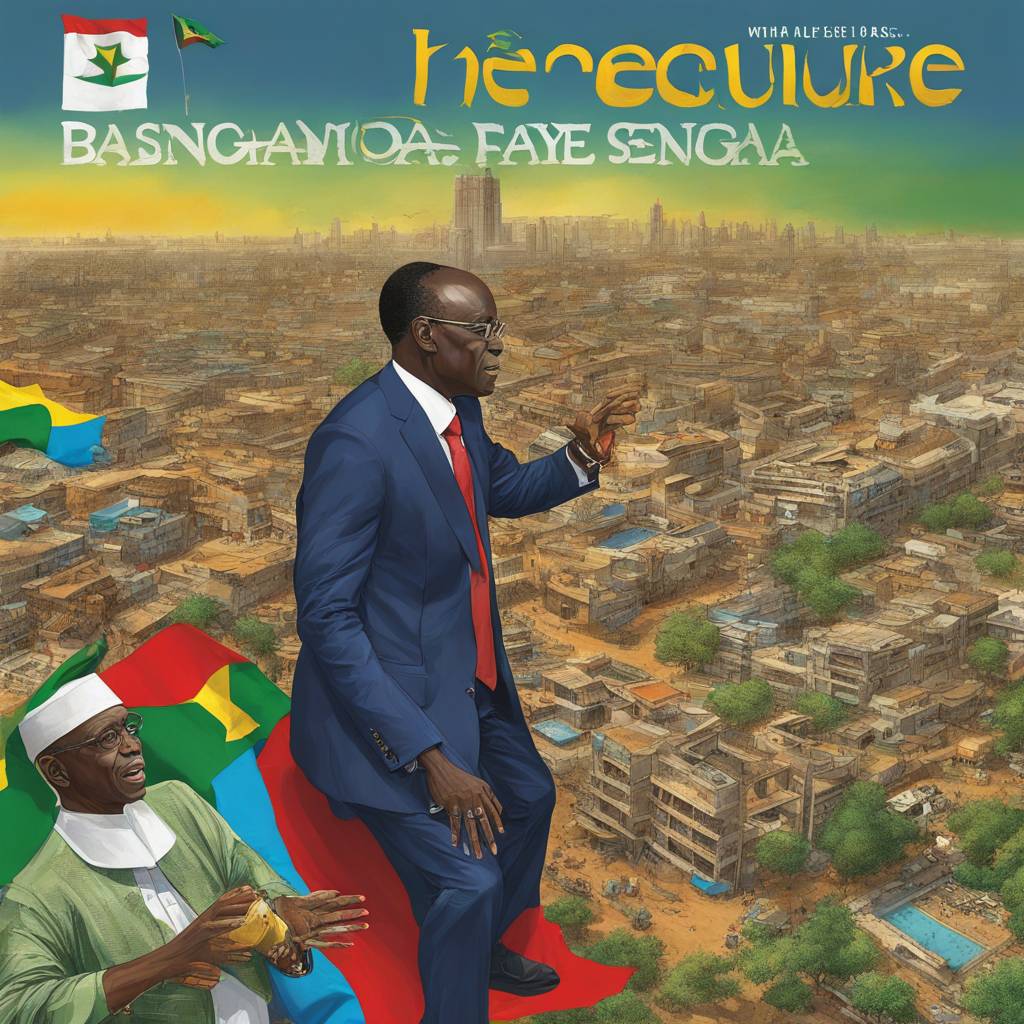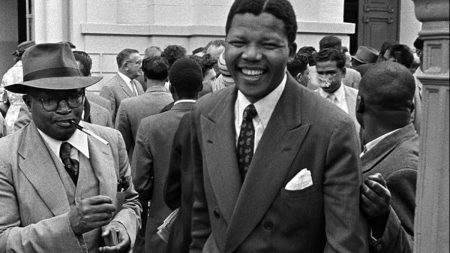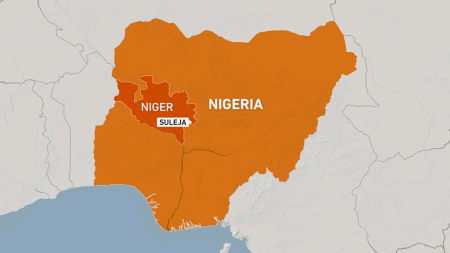Bassirou Diomaye Faye, a tax inspector recently released from jail, is poised to become Senegal’s next president after winning an outright majority in Sunday’s election. His main rival, ruling party candidate Amadou Ba, conceded defeat, and outgoing President Macky Sall congratulated Faye on his victory. The election, initially delayed by Sall, highlighted the country’s history of peaceful power transitions and democratic resilience. Faye now faces the task of fulfilling the nation’s expectations for change.
Faye’s unexpected rise to power comes after opposition leader Ousmane Sonko, known for his anti-corruption stance and popularity among youth, was barred from running in the election and endorsed Faye as his successor. Faye’s support came from a diverse range of society, including disenchanted youth and middle-class entrepreneurs. He has pledged to govern with transparency, fight corruption, and rebuild institutions. Faye’s campaign focused on political and economic reforms, such as reviewing mining and energy contracts, reducing the president’s power, and enhancing regional monetary systems.
Faye and Sonko both promised to reconsider Senegal’s relationship with France, but experts believe that foreign policy changes may be minimal, despite initial anti-French sentiments. Faye has expressed interest in building a “win-win partnership” with France, indicating a willingness to compromise. The outcome of the election and Faye’s proposed policies mark a potential shift in Senegal’s political and economic direction, with a focus on independence, accountability, and national resource control.
President Sall’s decision to postpone the election a month prior caused chaos, leading to deadly protests and legal challenges. The move was seen as a breach of democratic principles and sparked widespread discontent among the Senegalese population. However, the peaceful turnout of more than seven million voters on election day demonstrated the country’s ability to overcome challenges and protect its democratic values. The victory of Faye signifies a resurgence of Senegal’s democratic ethos and a rejection of political manipulation.
Senegal’s history of resisting constitutional breaches was evident in the democratic pushback against former President Abdoulaye Wade’s bid for a third term in 2012. Sall, then an opposition candidate, garnered massive support from young voters, leading to a change in leadership and a commitment to upholding democratic norms. The recent election results affirm Senegal’s commitment to democratic governance and signal a new era of political change. Faye’s ascension to the presidency represents a significant shift in Senegal’s political landscape and a potential redefining of the country’s future trajectory.















